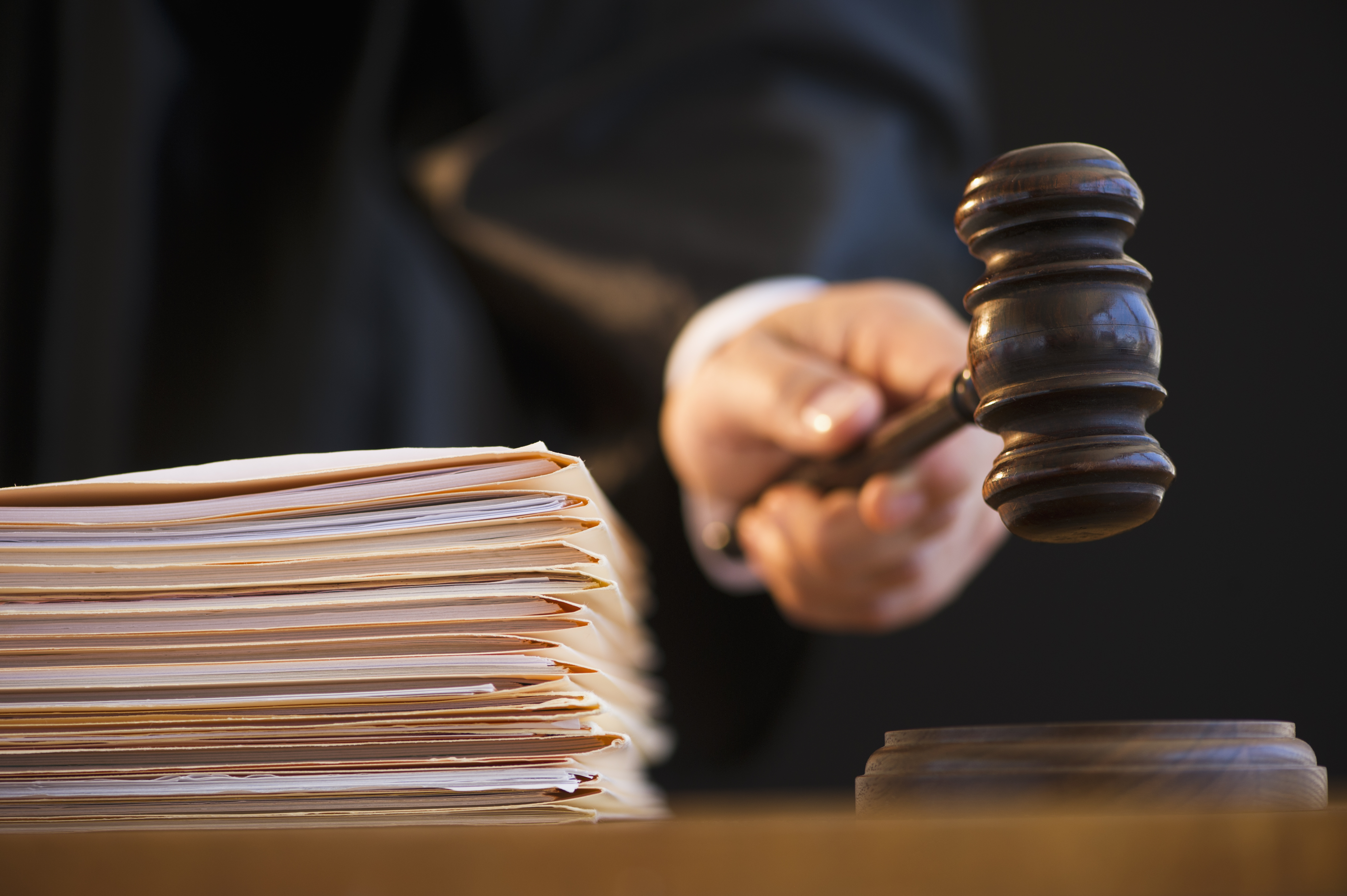CoinDesk’s fees for Public Access to Court Electronic Records (PACER) went up tenfold over the past few months. You can probably guess why. A lot of the major crypto bankruptcy cases we’re following are now in full swing. FTX, BlockFi and Voyager Digital are all deep in the process of trying to organize their resources.
You’re reading State of Crypto, a CoinDesk newsletter looking at the intersection of cryptocurrency and government. Click here to sign up for future editions.
Burying these firms
The narrative
The thing about Chapter 11 bankruptcy protection is that by filing for it you indicate your belief that your company can survive with a bit of assistance, that it just needs time to recover. A lot of these crypto companies are fighting for every penny just to refund their creditors.
Why it matters
FTX, Voyager, Celsius Network, BlockFi and countless others are all going through a very public bankruptcy system. It’s even giving crypto industry observers some behind the scenes insight into how these firms are operating now.
Breaking it down
There were two 4+ hour hearings this week: One on Tuesday for Voyager Digital and one on Wednesday for FTX. Both discussed different issues. The main issue at the heart of Voyager’s hearing was whether its bid to sell assets to Binance US could proceed. Ultimately, the judge overseeing the case allowed the proposal to advance, though it’s still a ways off from actual approval.
FTX’s hearing was more focused on updates. Attorneys for FTX said they’d recovered around $5 billion in assets tied to the company composed of cash, liquid cryptocurrencies and other investments. The company also found a bunch of cryptos that the attorneys don’t think they can sell easily without tanking the market.
You can catch up on our coverage of this past week at the links below:
On a related note, CoinDesk is one of several news organizations, including The New York Times, The Washington Post, The Wall Street Journal and Inner City Press, to petition the court to unseal the names of the guarantors who signed Sam Bankman-Fried’s surety bonds.
During a Jan. 3 hearing, Judge Lewis Kaplan of the U.S. District Court for the Southern District of New York granted Bankman-Fried’s petition to seal these nameson an interim basis, allowing news organizations to motion for an unsealing.
Bankman-Fried, who is allowed to continue using the internet, now has a Substack, where he reiterated many of his existing explanations for just how the FTX-Alameda situation got so dire.
As my colleague Jack Schickler points out, though, some of what Bankman-Fried wrote in his newsletter doesn’t exactly square with what his legal team’s actually doing in court.
And Bankman-Fried does not address some of the more explosive allegations said in court, such as the alleged special treatment Alameda Research received from FTX, which could include extending a $65 billion line of credit.
Davos 2023
I’ll be at the World Economic Forum in Davos, Switzerland, next week. Last time, the crypto industry showed up in force. Companies and industry representatives held their own events adjacent to the main WEF conference.
That was in May. The Terra/Luna ecosystem had collapsed but it looked like the industry was otherwise unscathed.
A month later, crypto lender Celsius announced it was suspending withdrawals. Six months later, several major lenders have suspended withdrawals or filed for bankruptcies, some crypto mining firms have likewise filed for bankruptcy and the industry is at one of its lowest points in quite a while.
It’ll be interesting to see what this means for crypto’s presence at the forum. The gung-ho king of the industry has crashed back down to Earth. The movers and shakers at the event are probably more weary of crypto than they were in May, and the industry representatives themselves may be more leery of spending on what is essentially a giant marketing stunt in Switzerland.
We’ll be reporting live from the ground. If you’re attending, feel free to drop me a line on Telegram – t.me/nikhileshde – and let’s catch up.
 Alex
Alex




